Guest speaker at the Rail 100 Breakfast Club on January 25, 2024 was Johnny Schute OBE, chief operating officer for the Railway Safety and Standards Board.
In his speech, he outlines the path of standards needed to future-proof our railways...
In RSSB, we are providing leadership - RSSB has changed remarkably in the past five years.
We’ve improved the ability within the organisation so that we feel confident and comfortable in providing leadership, safety, health, inter-operability, technical integration and sustainability.
We bring the industry together, so achieving collaboration.
We do it through our traditional routes of groups and committees, but we now generate plans and look for endorsement from those groups and committees – hopefully through consensus, as we know that sticks best – but not at the expense of pace.
We must keep moving fast.
Planning for the future
We are encouraging innovation through our research and Future Rail programme.
This means doing the ‘horizon-scanning’ and ‘thought-leadership’ that hard-working rail staff don’t have the time to do.
RSSB plans to go further, to link together our core areas of expertise that sit within strategic business areas, for a safer, healthier, harmonised, sustainable, efficient future railway.
We can only do this within six new strategic multipliers that leverage the synergies that exist within RSSB, so that our outlook becomes greater than the sum of the parts:
- Taking first our aspiration to generate safety and health insights to improve performance. Our vision is to monitor and analyse data better – we have terabytes of data in the rail centre.
- Transforming our health and well-being data insights, so that they’re as good as the ones we have in safety.
- Helping develop a strategic workforce plan to reduce industry dependency on specialist skill sets.
- Improving safety performance without increasing the regulatory or financial burden, by introducing things like the Data Reporting, Analysis and Corrective Action System (DRACAS) roadmap. Plus, openly sharing data on defects, faults and failures that lead to safety incidents that are more likely to delay and disrupt travel. This will create a smarter, more cost-effective management of systems safety and health, better able to attract and retain high-calibre and diverse staff in the digital age.
- We aim to enable automation and benefit from artificial intelligence by incorporating learning from the development of train protection and speed supervision into standards – supporting the creation of a new train protection strategy that improves safety and reliability, while leveraging technology to reduce that cost.
- Finally, bringing in tools to enable adoption of automation and AI safely into the sector, improving predictability of performance, more effective use of capacity, and faster recovery from unexpected changes.
Understanding data
Improving testing capabilities will enable the rail industry to reduce the time and effort for testing new assets.
RSSB is going to do this by issuing guidance on how digital testing can replace physical testing and help the supply chain assess the high-level impacts and implications of new assets with greater confidence.
We’re going to be exploiting the value of data, and promote greater data inter-operability, through the provision of new guidance and standards, enabling the industry to share, integrate and analyse data quickly and easily, so increasing its value.
This should improve rail operations, aiming for an annual industry cost reduction of between 1-2 per cent.
Risk modelling
We want to improve the rail industries’ resilience to extreme weather and climate change through risk modelling and maturity models. These measure our true capability, leading to proportionate, operational responses, and targeted investment in the necessary assets and operations.
RSSB is committed to embedding sustainability and will implement a sustainable rail blueprint.
We aim to grow a sustainable rail culture and so include this blueprint in key industry contracts.
Finally, we want to provide the data architecture so there is systematic and efficient monitoring, reporting and analysis of sustainability. This will help rail as the stand-out sustainable transport mode.
Better thinking
People need a purpose and belief in what they’re doing – we must provide it.
We have to give back pride in the sector amongst both the workforce and the customer. We have to innovate, because we don’t have the money or resources to do otherwise. And, we must trust our people, and train them properly, look after them and get them to work together.
We need to stitch together the data, to find those insights that will make a difference.
We need to use novel technology like AI and digital testing that will reduce cost, and focus on those things that set us apart from other transport modes, particularly through sustainability, that underpins our credentials as the greenest mass-transit system available to the human race.
Establishing an optimistic, can-do, confident culture, always striving for the best – accountable, compassionate, and relentlessly-focussed on the mission of providing the best for our customers will restore rail’s fortunes.
Apply to join the Rail100 breakfast club and be part of a growing community of railway professionals discussing the future of the railways.

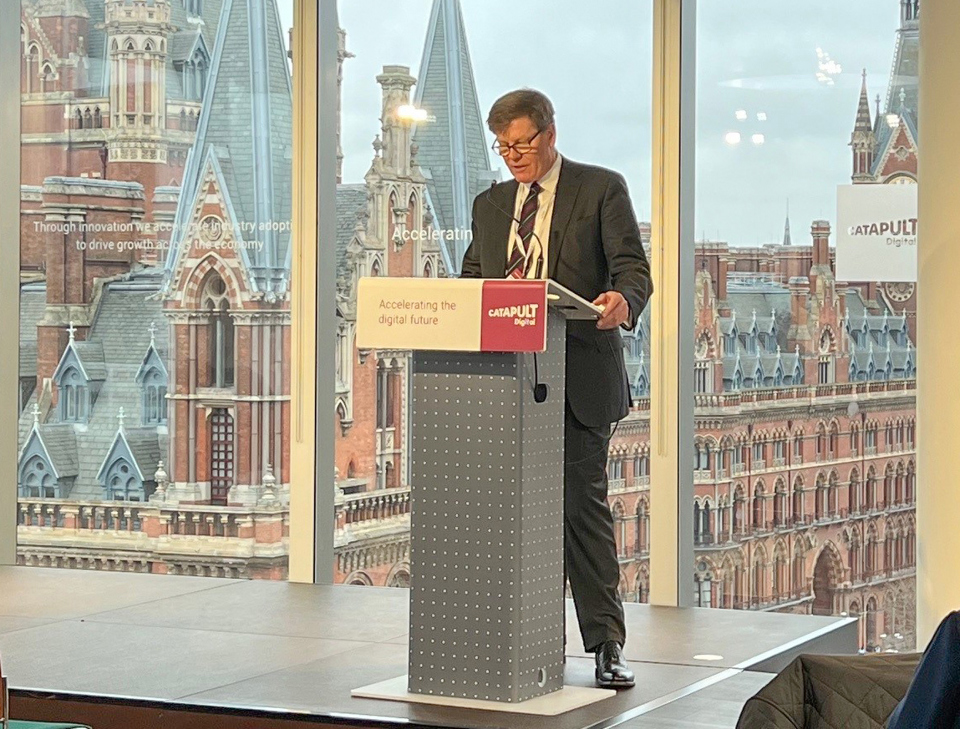


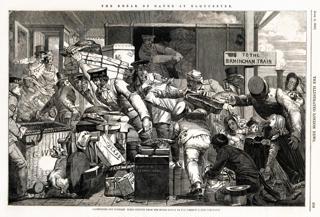
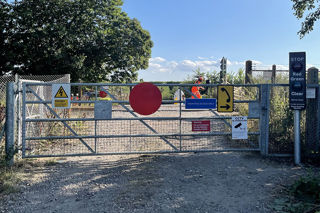
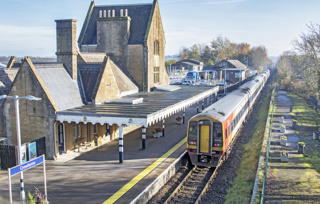
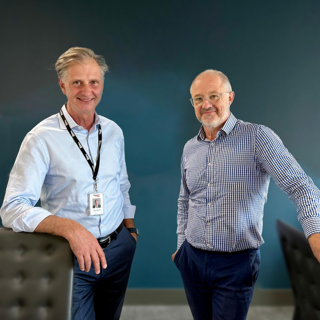











Login to comment
Comments
No comments have been made yet.